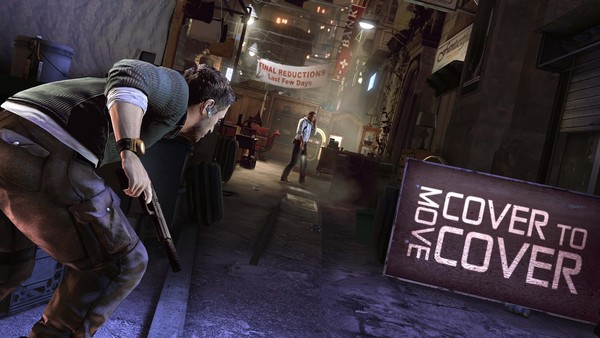What Really Happened With Splinter Cell? (And Why It's Coming Back)
The Sales Invert What You Think

Splinter Cell reached the height of its popularity during the post-Metal Gear Solid stealth boom of the early 2000s. Where Hideo Kojima's series was quirky, indulgent and full of water-walking vampires or men made of hornets, Ubisoft's take was realistic, methodical, awkward in spots to be honest, but super rewarding and worthwhile in the long run.
Figuring out how to do a split-jump took real practice, and realising you could take out a whole group of guards by firing a sticky shocker into water made you feel like a genius. Sam Fisher felt like an effective badass you needed to figure out, and taking out a room of guards one distraction, chokehold or inverted takedown at a time was like nothing else.
Interestingly though, the franchise's sales illuminate that Ubisoft's "action-focused" direction was actually resonating with the wider public.
Where the original instalment shipped a whopping 6.5 million copies in 2002 (many from the aforementioned stealth boom, it being a gorgeous game for the time and arriving only a few months after the original Xbox launched), these fell considerably down to 4.5 million for sequel, Pandora Tomorrow. This was remedied by one of the best games of all time, Chaos Theory, netting 5.5 million, but Double Agent fell back down to 4 million.
As mentioned, Conviction was one of the more divisively discussed entries, but it sold more that Double Agent with 4.5 million, leading to 2013's Blacklist netting a solid 5 million.
See the upward curve? In order, that's a top spot for the original, second place goes to Chaos Theory, and third to Blacklist.
Clearly Ubisoft were onto a winner, so why did they abandon the franchise?